The BBSRC supported Global Food Security (GFS) Programme is inviting expressions of interest from post-doctoral researchers to take part in a Policy Lab on sustainable nutrition. If you are interested in taking an interdisciplinary and systems approach to a policy-relevant issue, and would relish the opportunity to produce an evidence-based report that will be widely read by policy, industry and the public, then this is for you.
The Policy Lab is an interactive workshop that will focus on novel interdisciplinary ideas in the area of sustainable nutrition. The successful idea will be developed into a report for the GFS Programme. Researchers working in any relevant discipline from across the food value chain are welcome to apply (including natural, biological, engineering and social sciences). This could be from areas as diverse as agriculture, the agri-ecosystem, sustainable food production, food choice and nutrition.
The successful team will receive the £5,000 GFS Policy Lab Award and have their report published through GFS channels, reaching a large number of stakeholders.
Key benefits for post-doctoral researchers include working in an interdisciplinary team and expanding their academic horizons, experience of a competitive funding process, a high impact publication, and new contacts with researchers in other disciplines working on similar challenges.
The Policy Lab will take place in London on 20-22 January 2016.
In order to be eligible, post-doctoral researchers must be on a Research Council funded grant or fellowship, where the contract extends beyond 29 July 2016. In addition, participants must have a maximum of seven years of post-doctoral or academic experience after completing their PhD.
The deadline for applications is 1 December 2015. For more information about the Policy Lab and details on how to apply see: www.foodsecurity.ac.uk/programme/activities/policy-lab-early-career-researchers-sustainable-nutrition.html




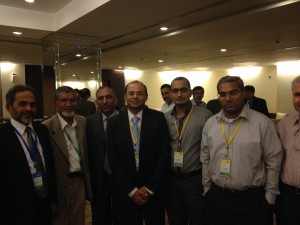
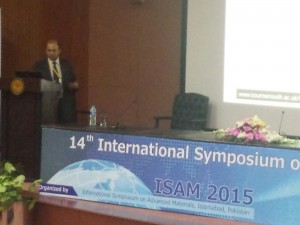
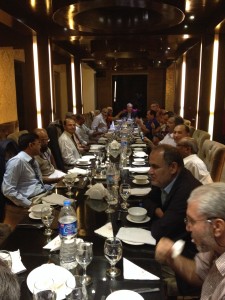
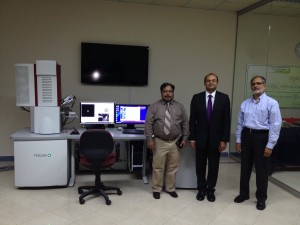
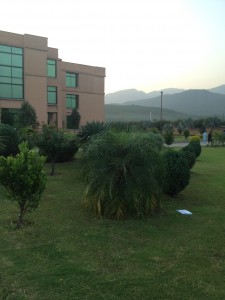 speaker and guest speaking at key universities and research institutes.
speaker and guest speaking at key universities and research institutes.
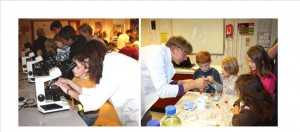


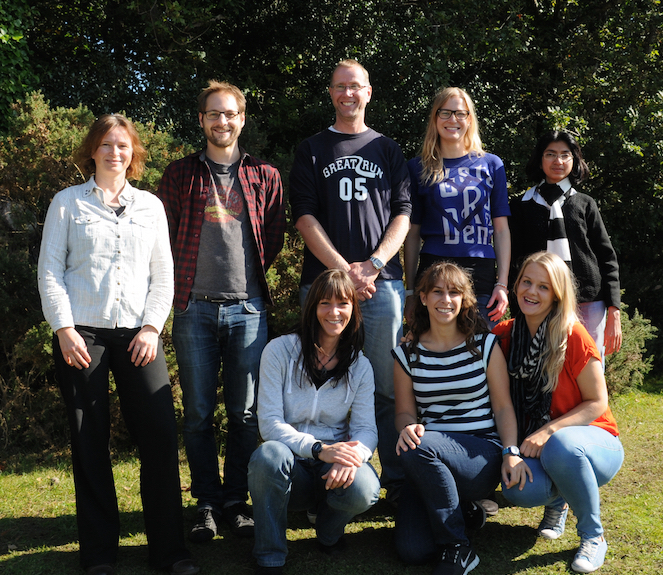
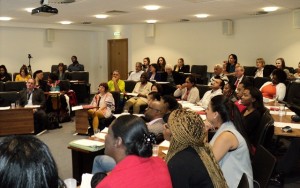
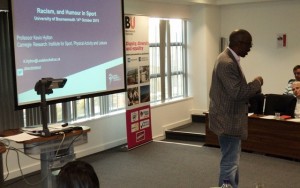
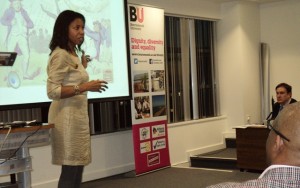
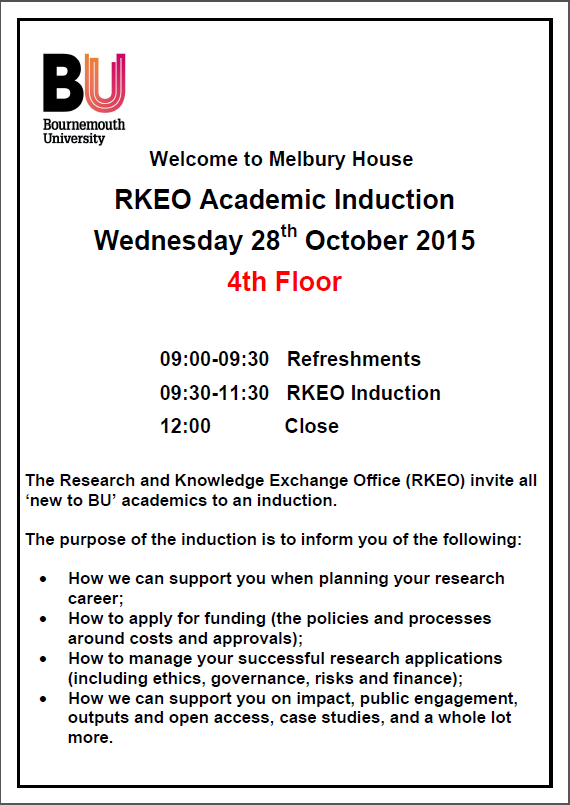












 REF Code of Practice consultation is open!
REF Code of Practice consultation is open! BU Leads AI-Driven Work Package in EU Horizon SUSHEAS Project
BU Leads AI-Driven Work Package in EU Horizon SUSHEAS Project Evidence Synthesis Centre open at Kathmandu University
Evidence Synthesis Centre open at Kathmandu University Expand Your Impact: Collaboration and Networking Workshops for Researchers
Expand Your Impact: Collaboration and Networking Workshops for Researchers ECR Funding Open Call: Research Culture & Community Grant – Apply now
ECR Funding Open Call: Research Culture & Community Grant – Apply now ECR Funding Open Call: Research Culture & Community Grant – Application Deadline Friday 12 December
ECR Funding Open Call: Research Culture & Community Grant – Application Deadline Friday 12 December MSCA Postdoctoral Fellowships 2025 Call
MSCA Postdoctoral Fellowships 2025 Call ERC Advanced Grant 2025 Webinar
ERC Advanced Grant 2025 Webinar Update on UKRO services
Update on UKRO services European research project exploring use of ‘virtual twins’ to better manage metabolic associated fatty liver disease
European research project exploring use of ‘virtual twins’ to better manage metabolic associated fatty liver disease